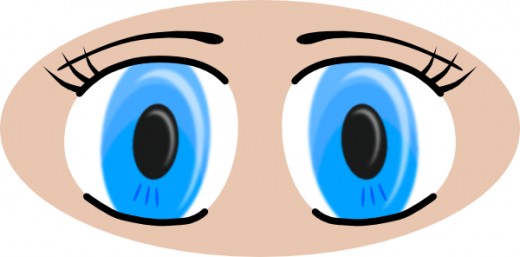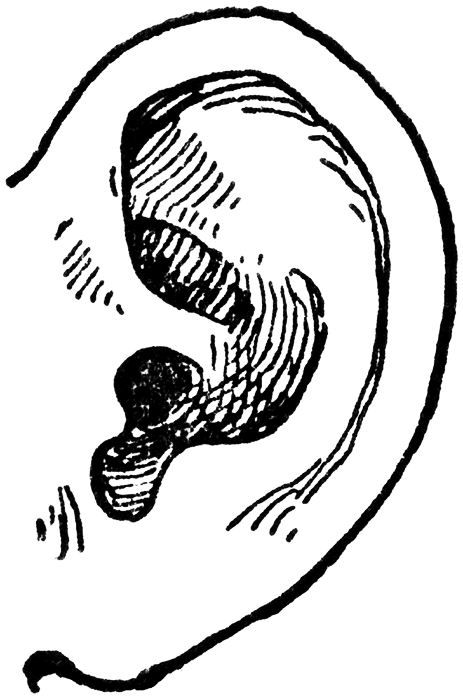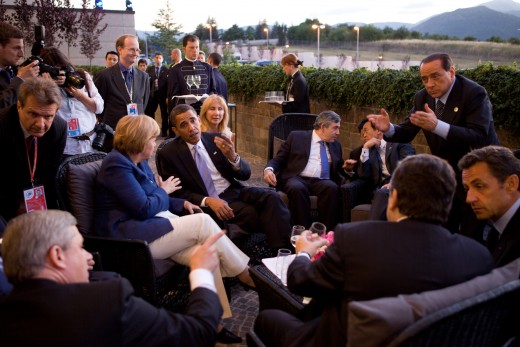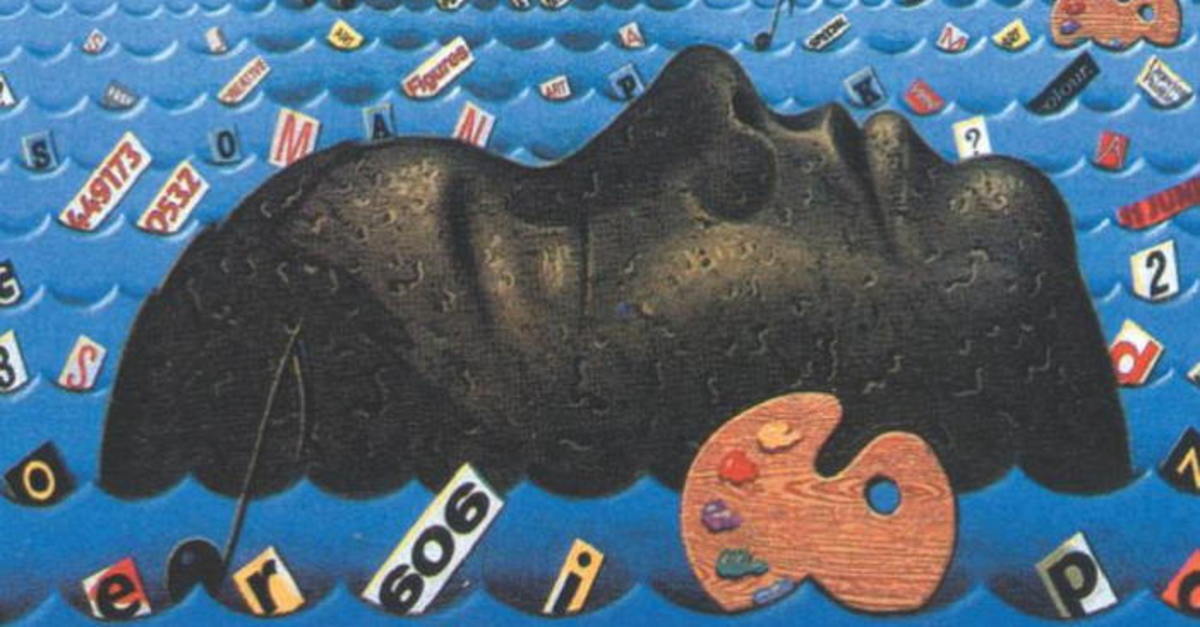Selective Attention and How it Affects What We See and Hear
Selective Attention and How We Interpret Our World
When you think about the amazing things we human beings can do, we are quite marvels. Like anything in nature we flawed, but we are also awesome. Our powerful minds are capable of great wonders. How, for example, in a world that has abundant stimulation around us, are we able to block out nearly everything else and focus on that one person who is talking to us as we engage in conversation?
In the course of a day we are bombarded with much information from our surroundings. So many things compete for our attention, more so in current times than in the past.
In our busy lives we have pocketsize technology that has become our constant companions, the myriad of sights and sounds that fill our day, the people who want our attention, and the thoughts and preoccupations that fill our minds. we have a lot of things that go on at the same time that tempt us into distractions.
Selective Attention

What We Pay Attention To
This phenomenon is known as selective attention. We do this almost every minute of every day. It is what helps us decide what we focus on and what we ignore around us. Selective attention allows us to focus on a particular object and ignore other simultaneous information that we view as less relevant. We focus on different things with varying degrees. Selective attention is sometimes a conscious effort, and sometimes we are unaware we are doing it. The more distractions, the greater the distractions, our physical and emotional states may increase or decrease our selective attention.
We use selective attention to process and focus on one stimulus while ignoring all the others. With all the noises, and all the distractions that compete for our attention, how do we decide what to pay attention to? We have to be picky about what we pay attention to because we have limited capacity and a limited attention span. Selective attention equates to a spotlight focusing on something. We filter out a lot of the outside world so that we concentrate on what we believe to be most relevant or important to our needs.
Selective Attention and Listening

The Things We Pay Attention To
Donald Broadbent, a researcher, built on this research to describe people’s attention. He theorized that our ability to process information is limited and what we choose to listen to takes place early on. We process stimuli first based on physical properties like color, pitch, direction of sound, loudness and either reject or accept certain stimuli. Another researcher named Treisman suggested that people still process the meaning of attended messages, and that we don’t use a filter, we identify physical properties by meaning.
Selective attention is necessary because we have many competing sources of information for our limited attention. We are forced to choose how we allocate our attention among multiple tasks and simultaneous events.
Distractions easily divert us from what we are focusing on. We often multitask, yet it is fascinating how our brains can focus on some things and don’t pay attention to others.
We do it when we pay attention to only one voice, even though others may be speaking at the same time.
There are two types of selective attention:
-
The ability to pay attention to one voice among other voices and other noises
-
We focus our attention on one thing and don’t process other information that is right in front of us
Factors about Attention
-
Attention is a limited resource.
-
Attention is like a filter, it is selective
-
All tasks require some amount of attention even if it is only a small amount
How Do We Tune Out Other People When We Are Having a Discussion

The Things We Don't Pay Attention To
Selective attention is a way of focusing so much on one thing, that we tune everything else out. It works well when we are talking to one person in a crowded room, but it can alter our perception from the things we are missing. Magic tricks take advantage by diverting our attention.
We use selective attention consciously and unconsciously. We pay attention to some things and not to others. The things we pay attention to are the things that are important to us. Selective attention is flawed in that we sometimes miss things that are important and useful to us. Typically we filter out what we think is not necessary without being aware that we are filtering these things out. What we think is necessary is a result of our own prior experiences, belief system, what our senses pick up, and other factors that affect what we perceive in that given moment.
People with autism focus too much on one thing, people with ADHD, attention deficit hyperactivity disorder have a difficult time focusing on one thing.
Fun Quiz
view quiz statisticsSelective Attention and Our View of Reality
We are bombarded with advertisements that are designed to capture our attention, create an illusion, and get us to desire the product they are selling.
We give our attention to only a select few things, which means we don’t take in the world exactly the way it is. Most of the world passes us by, with little awareness of thought. we can’t possibly notice everything that is going on in our environment. we pay attention to certain things and ignore others. there are huge differences in what each of us pay attention to.
Our view of reality is what we pay attention to, and it makes the world look a little different to each of us. We are guided largely by our own preoccupations. We tend to find what we are looking for. we see and don’t see, primarily guided by our beliefs. we ignore what most of what is going on around us.
We experience situations as a result of our beliefs about what is going on, and it is our beliefs that influence what we experience. That is why people with different beliefs experience the same situation differently. Situations are interpreted by the beliefs we hold.
We only give our attention to particular situations that match our beliefs and ignore those instances that don’t fit our beliefs. It is our biases that create our reality. Our interpretation of situations or what we hear is influenced by our assumptions about what just occurred.
We don’t know the difference between fact and fiction, because of our misperception. The things that occur are also open to more than one interpretation.
We like to believe that what we think is correct. It takes a tremendous amount of energy to look at things from all angles. we experience our interaction with other people based on our beliefs and prior experiences. We see what we believe about the people we are dealing with.
The more conscious we are about what we are selectively focusing on, the more opportunities we have to use selective attention to our advantage.




